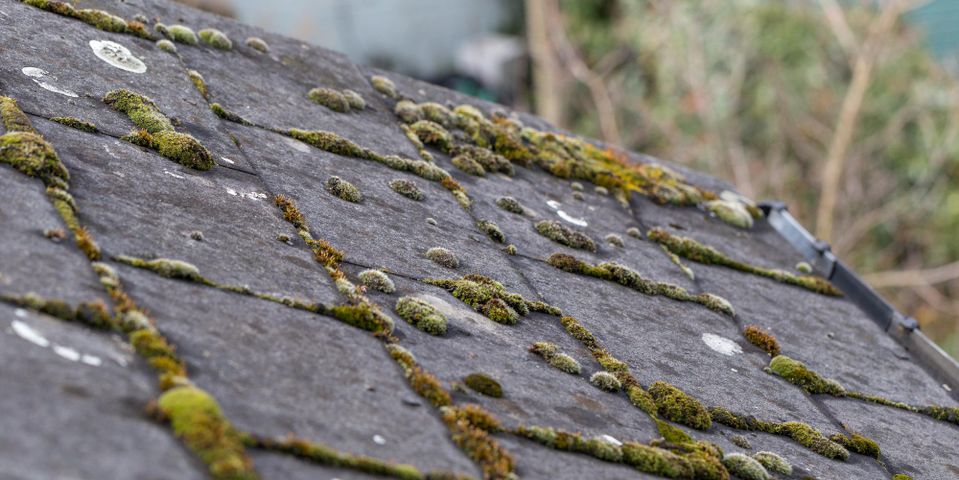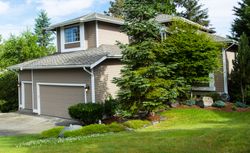
Your roof plays a fundamental role in protecting the integrity of your home. Unfortunately, it’s vulnerable to several damaging elements on a daily basis, including algae. This is because algae trap in moisture, which can cause your roof shingles to deteriorate prematurely. If you notice algae growth on your roof, it’s important to have it removed right away and take action to keep it from coming back. Below is an overview of what causes roof algae and how to prevent it.
Why Algae Grows on Roof Shingles
Algae spores are airborne, which means they’re easily spread across rooftops by the wind, insects, and animals. Algae thrive in damp, shaded areas. If your roof doesn’t receive much sunlight due to overhanging trees, algae can grow and cause roof rot. Algae also like moisture in gutters and will feed off any organic debris that may accumulate on your roof shingles.
Preventative Steps You Can Take
Removing algae from your roof isn’t enough to stop future growth. Regular maintenance is the key to preventing roof rot. This should include having the gutters cleaned at least twice a year to allow for proper rainwater drainage. You should also trim back any trees that shade your roof to prevent new growth. Installing a proper ventilation system will slow the moisture accumulation and block new algae from forming. If it’s nearing time for a roof replacement, you may consider installing algae-resistant roof shingles. They are made with algaecides and fungicides to specifically help deter algae growth.
If you’re ready to upgrade your roof, contact Peninsula Roofing, LLC. They offer roof shingles that feature the latest in algae-resistant technology along with reliable installation services. For more than 30 years, homeowners throughout Kitsap County, WA have turned to the family-owned and operated company for high-quality workmanship on both new and replacement roof projects. Call (253) 857-4441 to request a job estimate, or visit them online to view examples of their previous work.
About the Business
Have a question? Ask the experts!
Send your question

